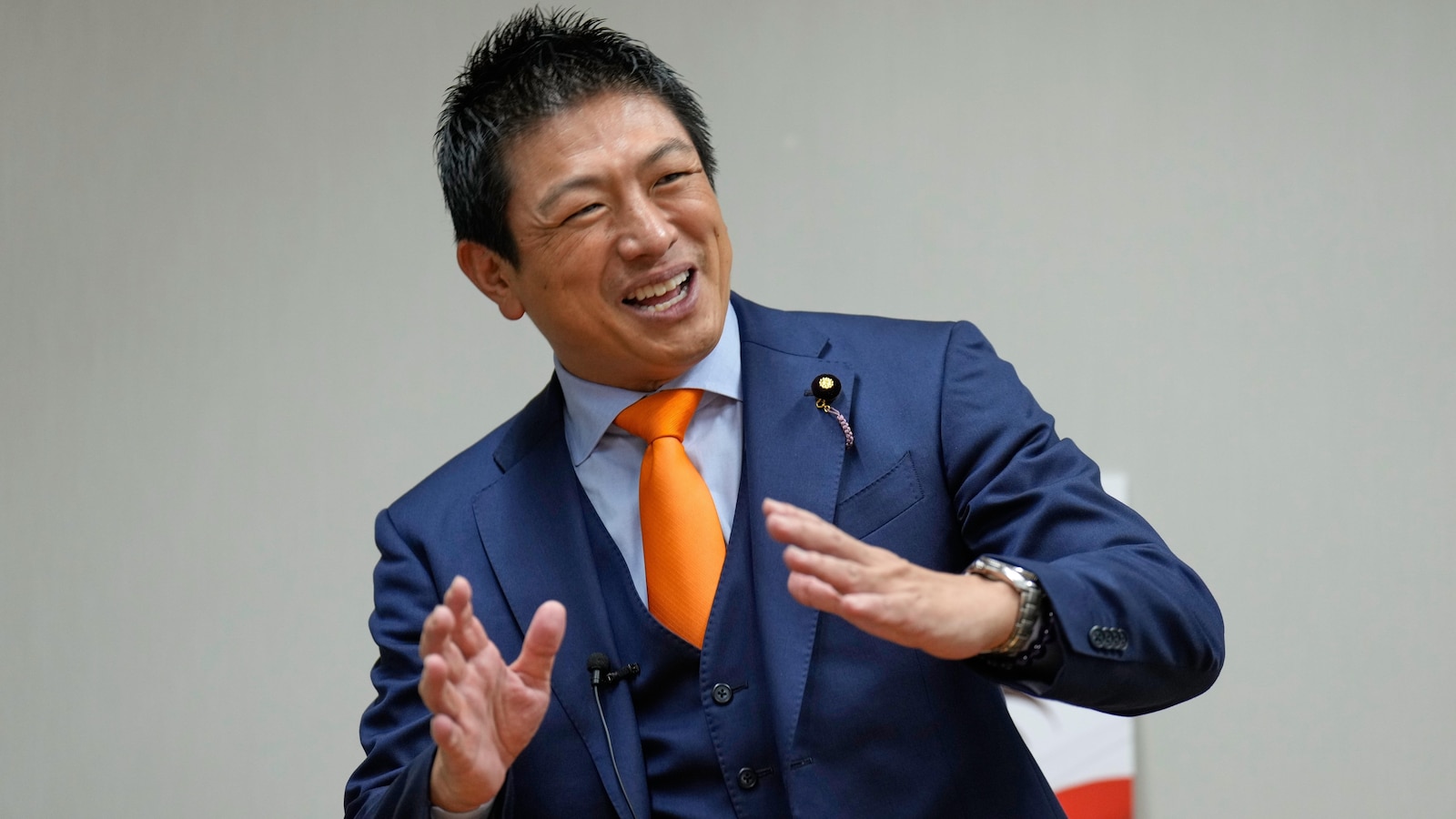Outside a train station near Tokyo, hundreds of people cheer as Sohei Kamiya, head of the surging nationalist party Sanseito, criticizes Japan’s rapidly growing foreign population.
As opponents, separated by uniformed police and bodyguards, accuse him of racism, Kamiya shouts back, saying he is only talking common sense.
Sanseito, while still a minor party, made big gains in July’s parliamentary election, and Kamiya’s “Japanese First” platform of anti-globalism, anti-immigration and anti-liberalism is gaining broader traction ahead of a ruling party vote Saturday that will choose the likely next prime minister.



I’m sure that’s true, but again, the positive outcomes you’re describing are the result of the poor peoples’ increased buying power and reduced economic uncertainty. I don’t believe the specifics of HOW they got those things makes very much of a difference, if any. UBI is one way of many to do that.
And you are again correct: there is no way to “dry run” new social programs fully. You can only create small “labs” to partially test them, which is way better than nothing, but still leaves great unknowns. The only truly tested social and economic structures are the ones we’ve seen really used in the real world.
The fact that all past models have eventually failed doesn’t necessarily mean they were bad, though. It means that they were inadequately protected and eventually were corrupted from within (not counting conquest, which I think is safe to say is outside the scope of this conversation).
How would you do the necessary task of redistributing the excess wealth of the rich to the poor in a way that leaves the rich in a position where they can’t accumulate and abuse their wealth again?
What I personally would do is:
That isn’t the hard part, though. Like i said, there are a ton of solutions to THAT problem that can work, including yours. The really hard problem is that I am not sure how to protect a government from allowing officials elected under false pretenses from dismantling the solution for disingenuous reasons, like is happening throughout the entire developed world in real time right now, despite their varied social, economic, and governmental structures.
ETA: I would also include people with debilitating mental health as among the disabled for purposes of eligibility for the social fund aid.